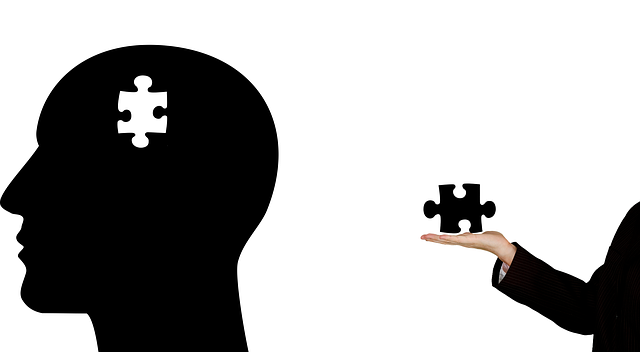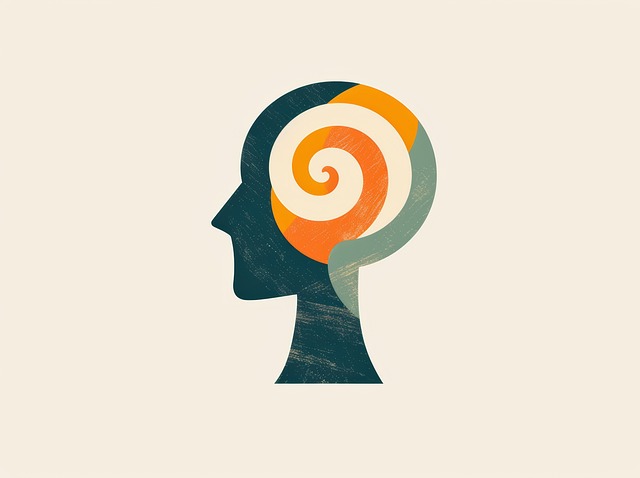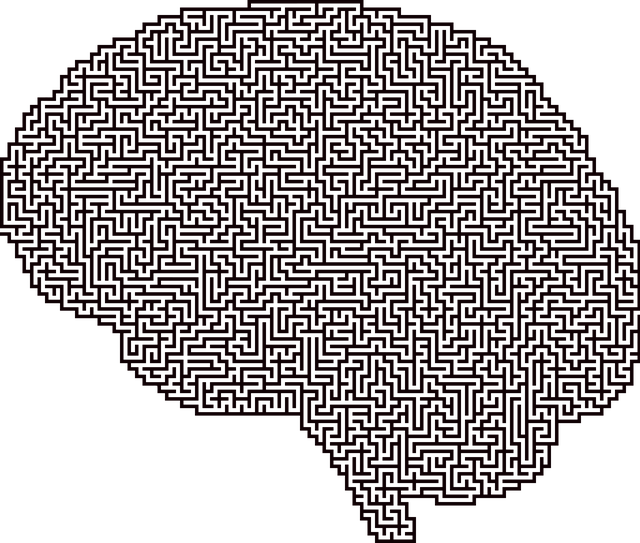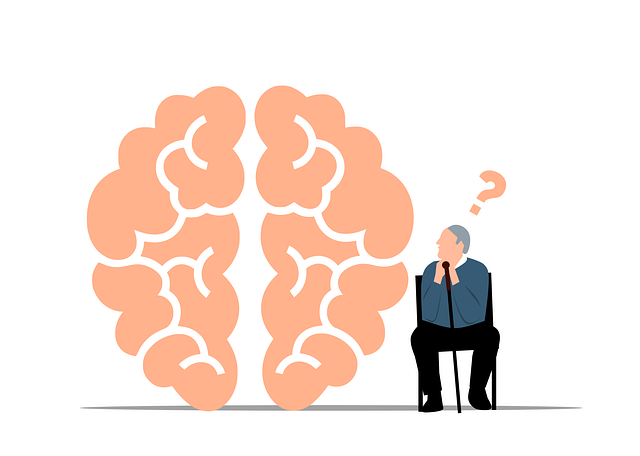In today's fast-paced world, mental wellness within families is a growing concern. Coaching programs are emerging as a powerful solution by offering therapy for children and family counseling, focusing on resilience, empathy, and burnout prevention. These programs provide crisis intervention tailored to individual and family needs, fostering healthier dynamics before crises arise. Effective therapy for children requires specialized approaches addressing youth mental health issues, while family counseling strengthens bonds through collaborative problem-solving. Cultural competency training ensures accessibility for diverse populations, and emotional well-being promotion teaches coping skills. Integrating these services enhances program effectiveness, catering to individual and systemic mental health factors. Strategic implementation, continuous improvement based on feedback and KPIs, drives success in coaching programs, promoting positive self-care practices for improved mental wellness outcomes.
Mental wellness coaching programs are gaining prominence as essential tools in addressing the growing need for mental health support. This article delves into the development of such programs, focusing on key aspects like understanding the demand, designing tailored therapy for children, and integrating family counseling for comprehensive care.
We explore effective implementation strategies and highlight the importance of measuring success to ensure continuous improvement. By combining these elements, we aim to revolutionize mental wellness coaching, especially for young minds, through evidence-based practices, including specialized therapy for children and family counseling.
- Understanding the Need for Mental Wellness Coaching Programs
- Designing Effective Therapy for Children
- Integrating Family Counseling into the Framework
- Implementation and Delivery Strategies
- Measuring Success and Continuous Improvement
Understanding the Need for Mental Wellness Coaching Programs

In today’s fast-paced world, mental wellness is an increasingly pressing issue, especially within families. The demand for effective therapy for children and family counseling has been on the rise, highlighting a profound need for specialized support. Mental wellness coaching programs are emerging as a powerful tool to address these concerns, offering a proactive approach to emotional well-being.
Traditional therapy often focuses on managing existing mental health conditions, while coaching programs aim to foster resilience, empathy building strategies, and burnout prevention strategies for healthcare providers—all essential elements in promoting overall mental wellness. By implementing crisis intervention guidance tailored to individuals and families, these programs can help identify and navigate emotional challenges early on. This proactive mindset ensures that support is accessible before potential crises arise, fostering healthier and more resilient family dynamics.
Designing Effective Therapy for Children

Designing effective therapy for children requires a specialized approach that caters to their unique needs and developmental stages. In today’s world, where mental health issues among youth are on the rise, it’s crucial to offer sensitive and engaging counseling sessions tailored for younger individuals. Family counseling has emerged as a powerful tool, creating a supportive environment that involves both parents and children. This collaborative process not only addresses individual childrens’ challenges but also strengthens family bonds, fostering healthier communication and coping mechanisms.
The integration of cultural competency training for healthcare providers is essential in these settings. Understanding diverse cultural backgrounds ensures therapists can adapt their techniques to resonate with families from various ethnic and social groups. Additionally, crisis intervention guidance plays a vital role in managing acute situations, while emotional well-being promotion techniques teach children valuable skills to navigate stress and emotions effectively.
Integrating Family Counseling into the Framework

Integrating Family Counseling into mental wellness coaching programs offers a comprehensive approach to addressing individual and collective well-being. By incorporating therapy for children and family counseling, coaches can create a supportive environment where every member of the family has a chance to express their feelings and work through challenges. This collaborative process not only enhances communication but also fosters strong interpersonal connections within the family unit.
The inclusion of coping skills development and stress management workshops tailored for families empowers them with practical tools to navigate life’s complexities. Additionally, healthcare provider cultural competency training ensures that coaches are equipped to serve diverse populations effectively, promoting equity and accessibility in mental wellness support. This holistic integration enhances the overall effectiveness of coaching programs by addressing both individual and systemic factors contributing to mental health.
Implementation and Delivery Strategies

The implementation of mental wellness coaching programs requires a thoughtful approach to ensure their effective delivery and maximum impact. One key strategy is integrating therapy for children and family counseling, as these services address crucial aspects of mental health at various developmental stages. By incorporating therapeutic techniques tailored to younger individuals and family dynamics, coaches can create a supportive environment fostering open communication and emotional well-being.
Additionally, leveraging communication strategies that promote active listening, empathy, and non-judgmental attitudes empowers clients to express their thoughts and feelings. This two-way exchange facilitates deeper insights, strengthens bonds between coach and client, and enhances the overall therapeutic experience. Furthermore, integrating burnout prevention techniques can equip individuals with tools to manage stress, set boundaries, and maintain a healthy work-life balance, thereby mitigating risks of depression prevention.
Measuring Success and Continuous Improvement

Measuring success and fostering continuous improvement are integral aspects of developing effective mental wellness coaching programs. This involves setting clear goals and utilizing various evaluation methods to assess the program’s impact on individuals’ mental health and well-being, including children and families seeking therapy. By collecting qualitative and quantitative data, coaches can gain valuable insights into what works best and identify areas for enhancement.
Regular feedback from participants, their caregivers, and professionals involved in counseling sessions is essential. This feedback can be gathered through surveys, interviews, or focus groups, providing a comprehensive understanding of the program’s effectiveness. Additionally, tracking key performance indicators (KPIs) related to mental wellness, such as improved emotional regulation skills, enhanced coping strategies, and better family dynamics, allows for data-driven decisions. Integrating these feedback mechanisms and KPIs into the coaching process ensures that programs remain relevant, adaptable, and responsive to the evolving needs of those seeking therapy, ultimately promoting positive self-care practices and improving mental wellness outcomes.
Mental wellness coaching programs have evolved to meet the growing demand for support in various settings. By understanding the specific needs of different populations, such as children, and integrating family counseling, these programs can become highly effective. Implementation strategies that prioritize accessibility and delivery methods tailored to modern lifestyles are key to their success. Continuous improvement through measurable outcomes ensures these programs remain dynamic and responsive to the ever-changing mental health landscape, particularly when focusing on therapy for children and incorporating family counseling.









